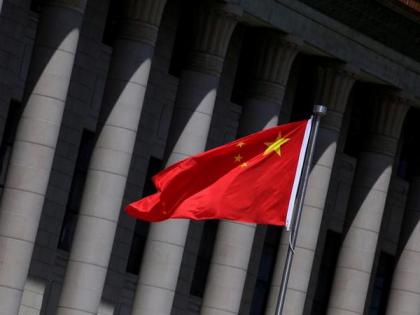Overpriced Chinese IPOs falling below initial offer value
By ANI | Published: November 10, 2021 11:01 PM2021-11-10T23:01:15+5:302021-11-10T23:10:12+5:30
Chinese investors are getting cold feet as the increasing number of overpriced initial public offerings (IPOs) are falling below the initial offer value.

Overpriced Chinese IPOs falling below initial offer value
Chinese investors are getting cold feet as the increasing number of overpriced initial public offerings (IPOs) are falling below the initial offer value.
Liao Shumin, writing in Shanghai-based paper Yicai Global said that number of new accounts opened on Shanghai's Star Market for the subscription of new shares has dropped by 16 per cent to five million in the last month, and that on Shenzhen's ChiNext Market has fallen 13 per cent to 13 million.
According to Securities Times, Chinese investors abandoning their pre-listing share subscriptions is on the rise as a big proportion of initial public offerings on the two mainland bourses that offer a more relaxed listing system fall below their issue price.
The phenomenon is likely to do with the overpricing of shares, China Merchants Securities said. New rules were brought in by the securities regulator in September to increase supervision of quotations and reject the highest quotations.
Investors are discouraged as half of the 18 companies that went public on the two bourses between October 21 and November 5 fell below their IPO price. New stocks have slumped an average of 12 per cent this year.
The average price-to-earnings ratio of companies that went public on the Star Market and the ChiNext board between September 18 and October 31 was 40.71 times, reported Yicai Global.
Qiangrui Precision Technology saw 2.76 per cent of its shares discarded by investors before the smartphone assembler was due to go public on October 3, the highest proportion since the registration-based system, which allows companies to go public much more quickly than through the approval-based model that can take months, even years, was introduced in 2019, said Liao.
( With inputs from ANI )
Disclaimer: This post has been auto-published from an agency feed without any modifications to the text and has not been reviewed by an editor
Open in app